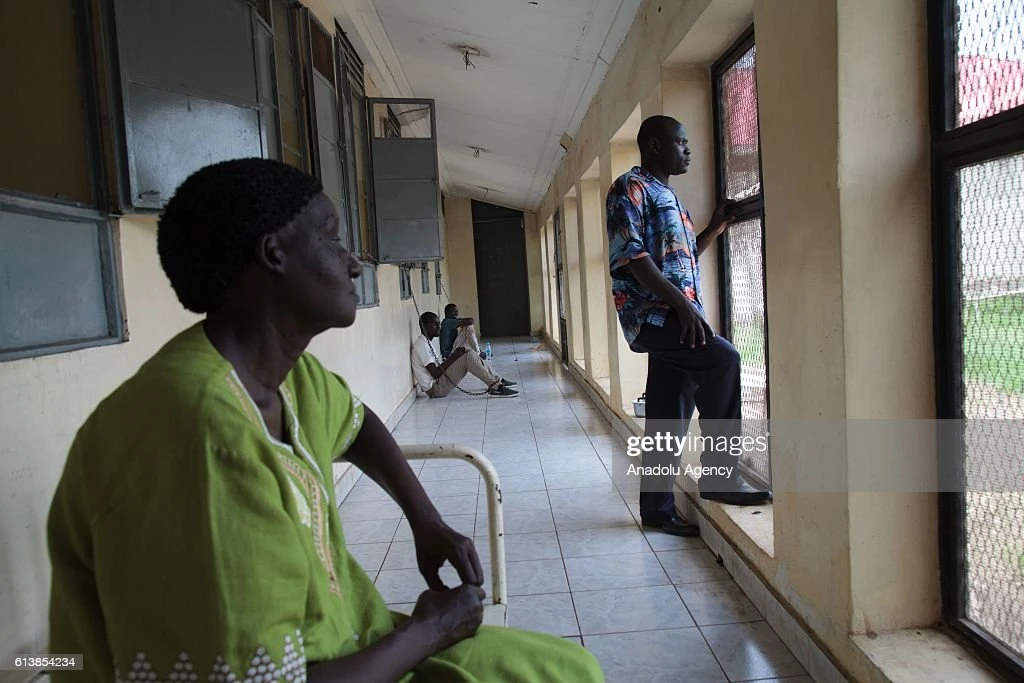
The government has been told to prioritize funding of psychiatric facilities to respond to issues of mental illness across South Sudan.
There are few psychosocial support facilities in the country.
A mental health expert disclosed that since 2020, Juba Teaching Hospital receives 20 to 30 mental health cases on regular basis.
But due to understaffing and underfunding, most of the patients are sent to prisons to “contain them.
“The reason why we send them to prison is that we do not have human resources for mental health. The whole ward is taken care of by 2 nurses in each shift and the night shift has only one nurse,” said Atong Ayuel, Director for Mental Health in the National Ministry of Health and Head of Psychiatric Department at Juba Teaching Hospital.
A psychiatric hospital, also known as mental health unit or behavioral health unit, is a facility or ward specialized in the treatment of severe mental disorders, such as schizophrenia, bipolar disorder, and major depressive disorder.
Ayuel stated that even the psychiatric department at Juba Teaching Hospital has fewer wards.
“In this hospital, we are have 8 patients that we are taking care of, and in wards 7 and 8 in the central prison, we have over 75 patients…We have [to send them to prison] because if I bring a violent patient into this ward, we can end up risking the entire hospital population because when they turn violent and start hitting people, they can kill someone.”
She was speaking during the celebration of World Mental Health Day at Juba Teaching Hospital on Monday.
She urges the government to fund the development of more psychiatric facilities across the country to respond to mental illness cases.
“I definitely love the government to put the psychiatric department as a priority. There is a lot to be done if we really want to make a difference in this country,” Ayuel said.
She added: “Mental health is not about ill people, it is all about those who are still stable. We need to make sure that they are fine.”
Fabian Ndenzako, the Country Representative for the World Health Organization (WHO) in South Sudan agrees that more resources needs to be availed for psychosocial support programs across South Sudan.
“It is important that we fund the health sector, we put money into the health sector but more so we have to target the mental health services.”
In response, the National Minister of Health promised to mobilize support to increase budget allocation for mental health programs in South Sudan.
“We will try our best to make sure the facilities are well-equipped in Juba Teaching Hospital, and in all the 10 States and the 3 Administrate Areas,” Yolanda Awel Deng concluded.